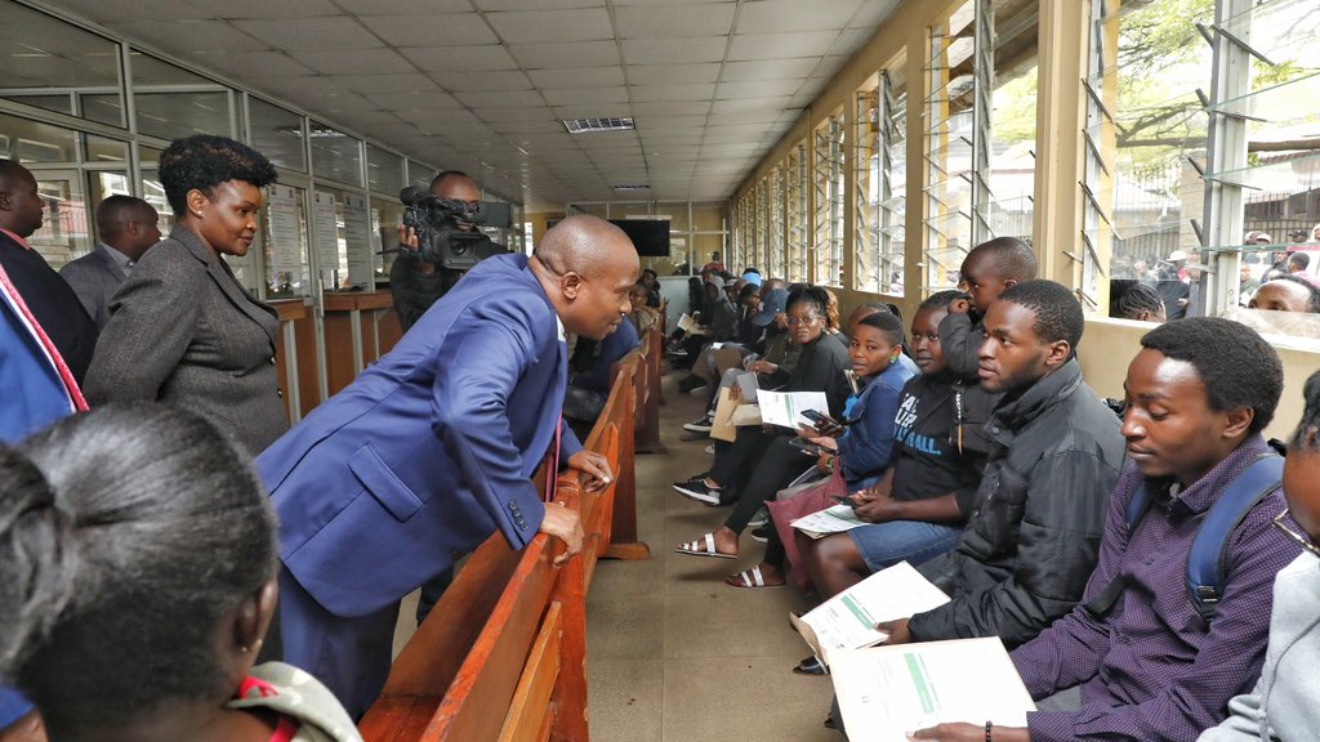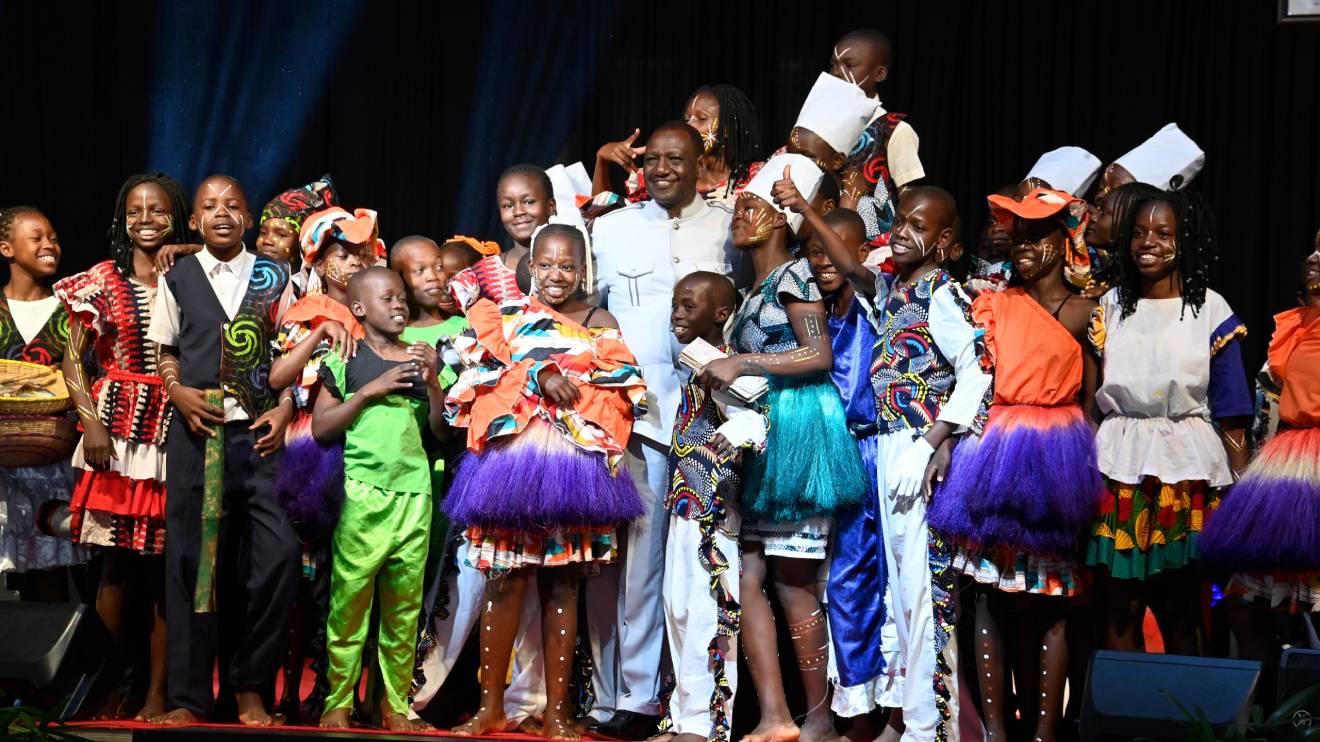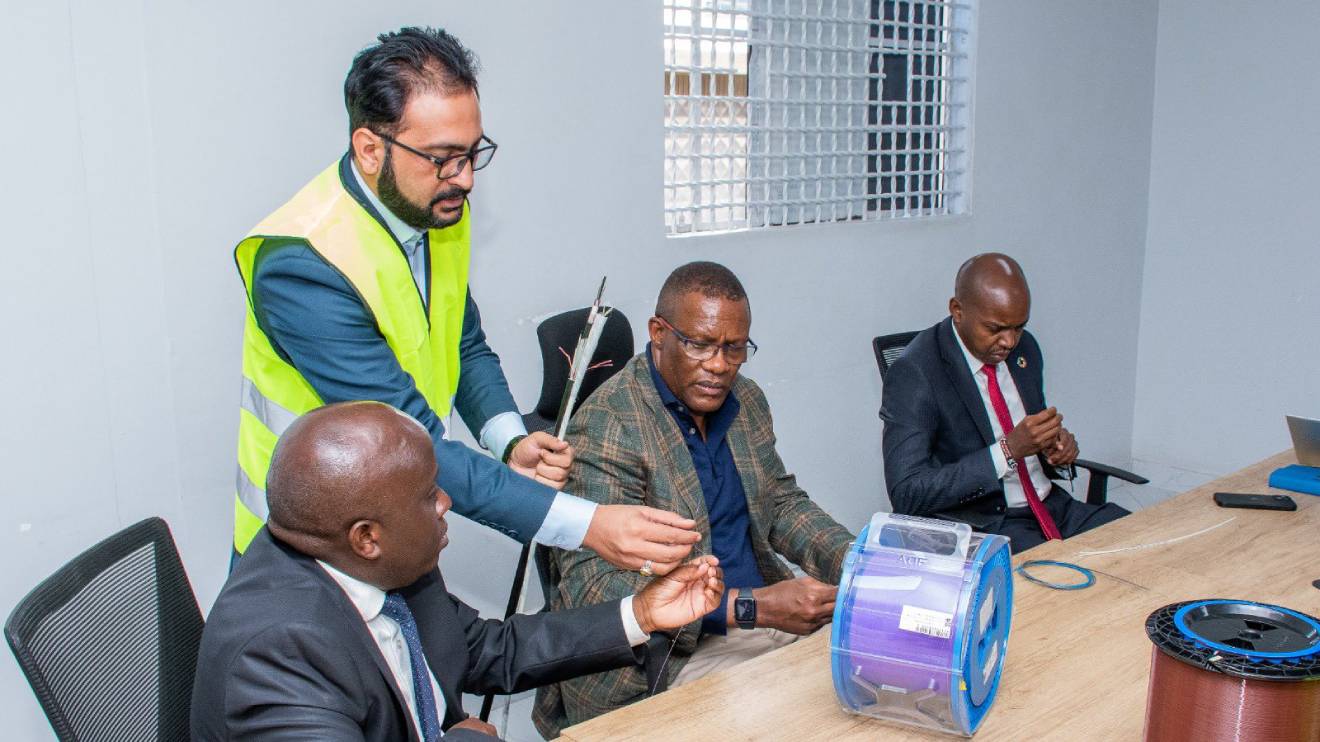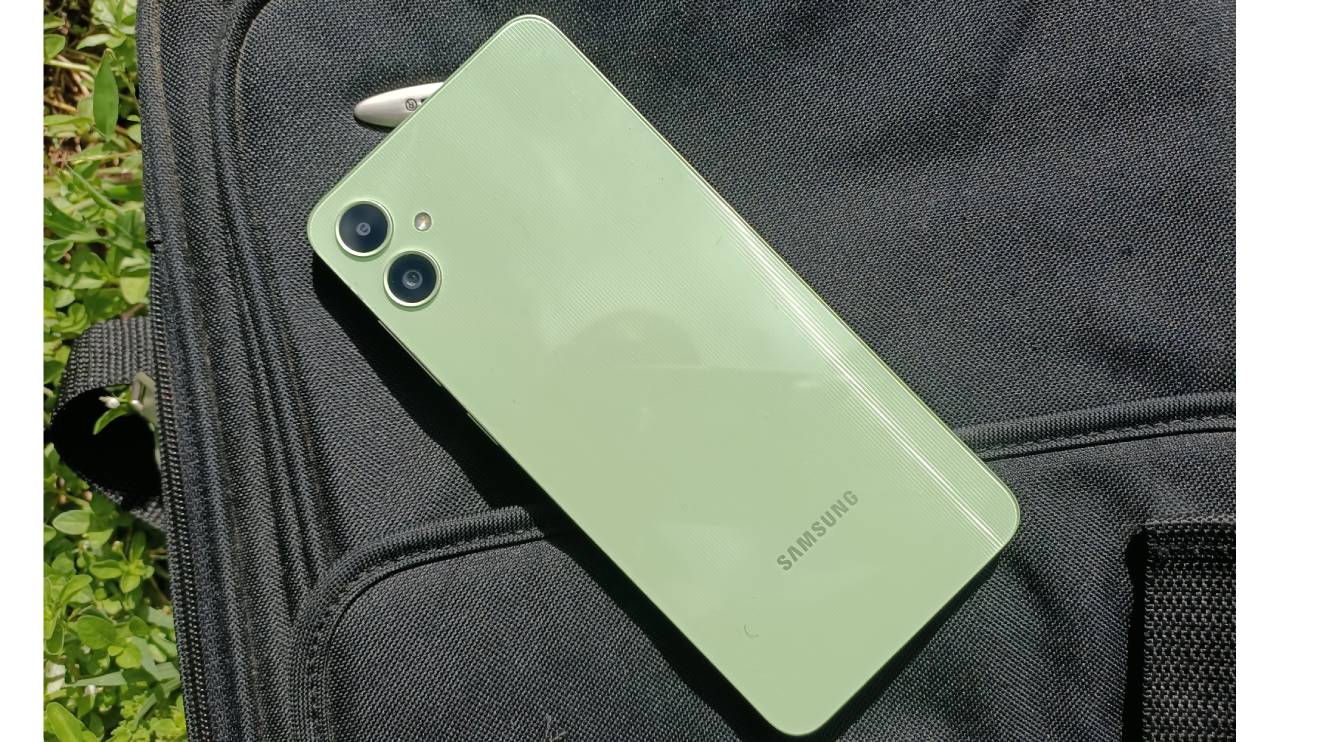Azimio la Umoja One Kenya coalition has claimed that the Independent Electoral and Boundaries Commission (IEBC) had denied it full access to its eight servers used in the August 9 General election.
Main petitioners Raila Odinga and his running mate Martha Karua, through their lawyers, told the Supreme Court that IEBC had denied it full server access as directed.
This follows a standoff between IEBC and lawyers representing Azimio in the petition filed at the Supreme Court challenging the presidential election results declared.
The complaint prompted Supreme Court judge Isaac Lenaola to direct the Azimio La Umoja side to await a report on the extent of access granted before raising further issues.
“We have been informed that the process of compliance was completed last night. As far as our team is concerned the process at IEBC is finished,” Lenaola said.
Read More
He added, “Should there be any issues left unattended to or any concerns the parties have then let these issues be addresses when we receive the report later this morning.”
IEBC had announced on Wednesday evening through their social media platforms that the commission had granted full supervised access to the petitioners’ lawyers.
“Following the Supreme Court order, @IEBCKenya has granted access to the parties to access the servers and the scrutiny exercise is ongoing,” IEBC wrote.
“We have been informed that the process of compliance was completed last night… as far as our team is concerned the process at IEBC is finished.”
— NTV Kenya (@ntvkenya) September 1, 2022
Justice Isaac Lenaola responds to Raila's legal team. #Decision2022 pic.twitter.com/gZJY3ThRhk
Initially the commission defied a Supreme Court order which directed it to furnish the petitioners’ lawyers with copies of its technology system security policy, which included their password policy, password matrix, and system administration password owners.
However, according to Senior Counsel James Orengo, who is representing Raila and Karua, IEBC only granted them access to one server yet there were seven others left.
“We have been given restricted access only to the result transmission system, and it has not been granted yet, to only one server. It is established that the IEBC has eight servers,” Orengo said.
Orengo wrote to the Judiciary Registrar over the matter seeking the court's intervention.

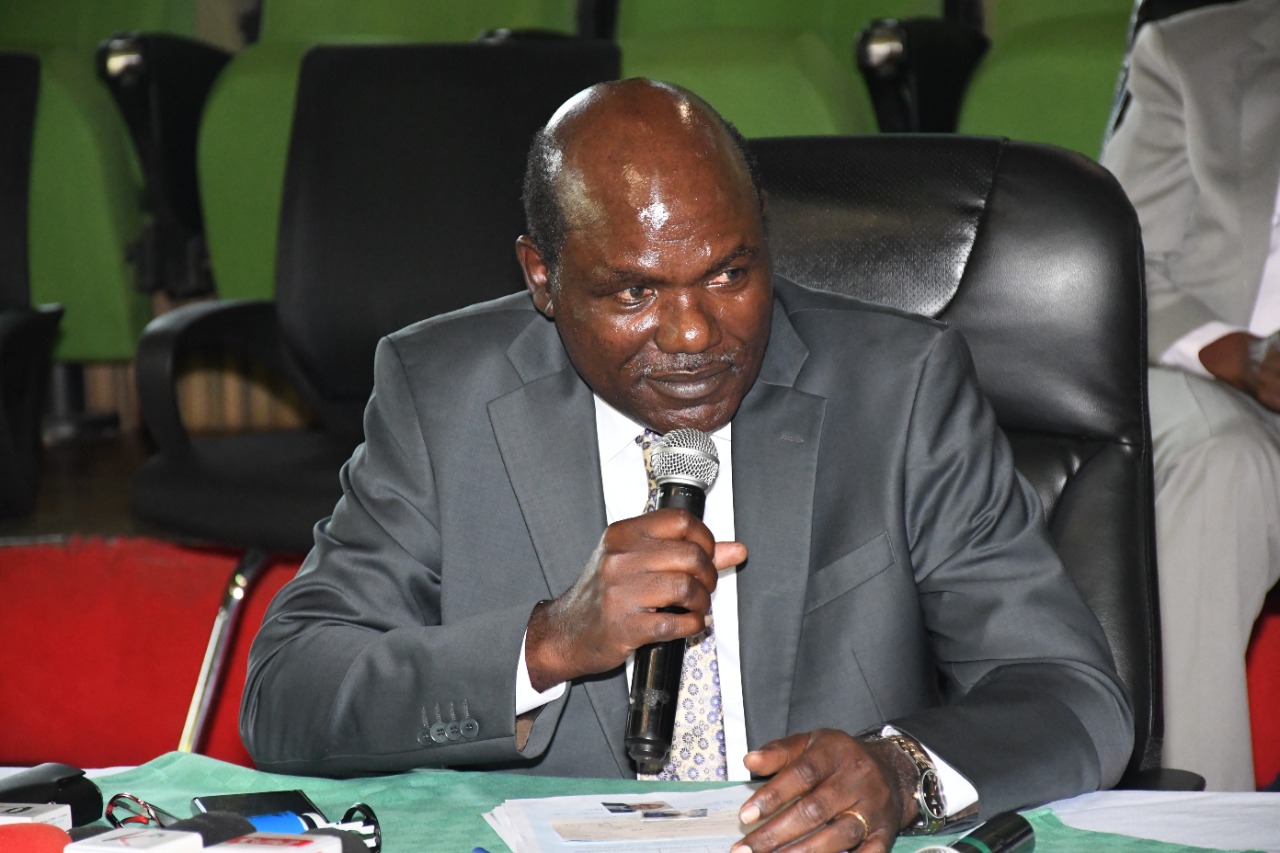

-1679766659.jpg)


